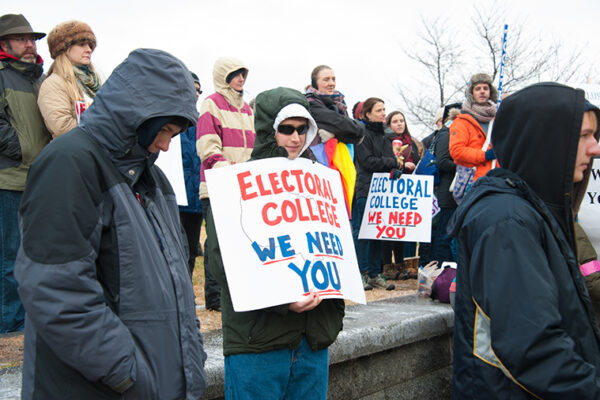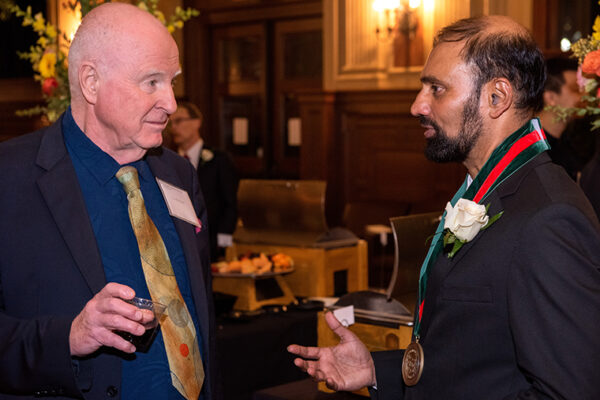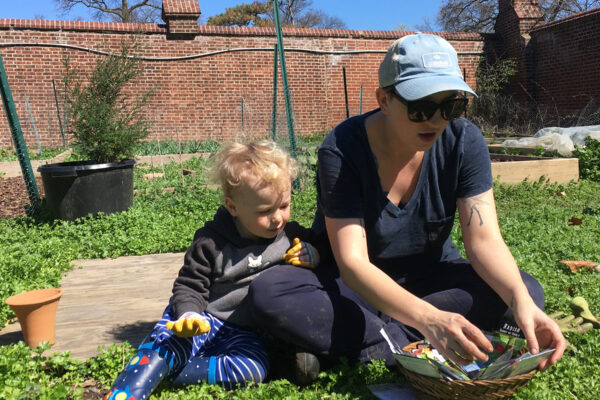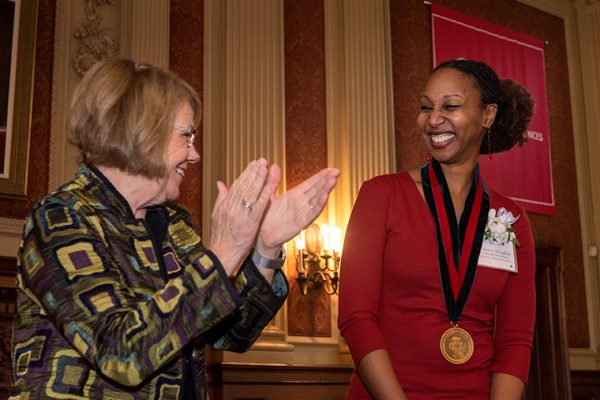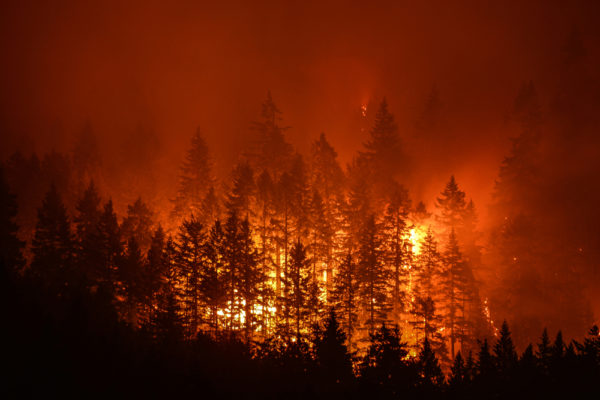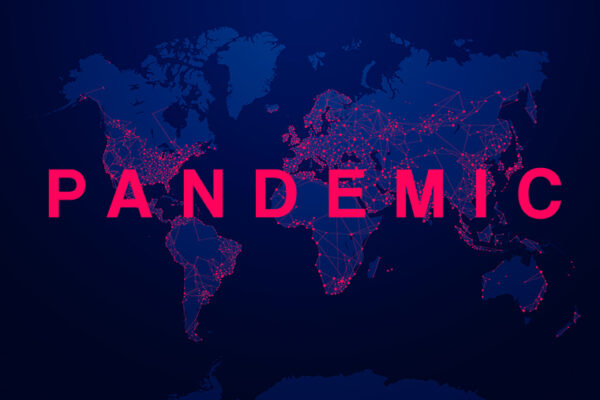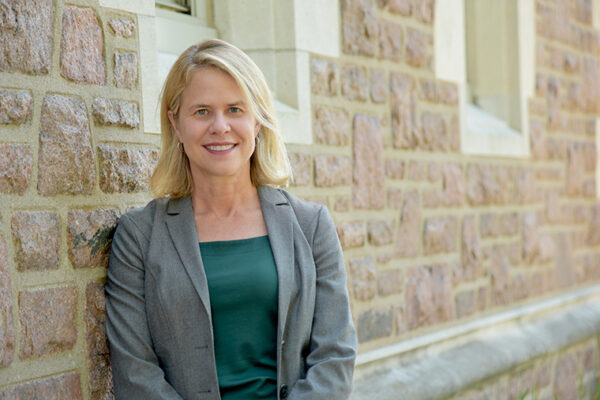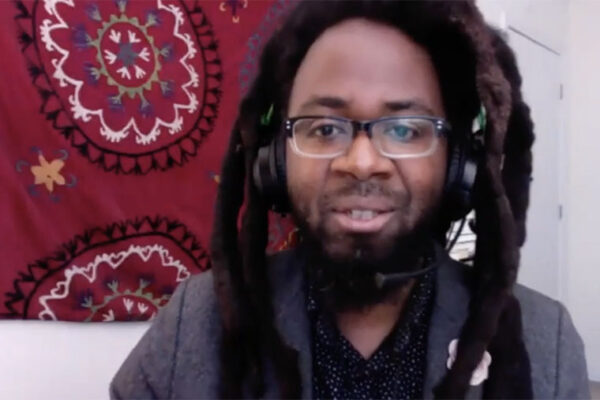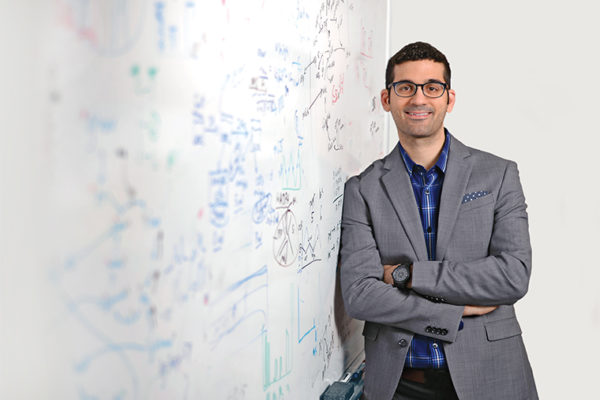Electoral College ruling contradicts Founders’ ‘original intent’
While the Supreme Court decision limits the independence of electors and prevents a potential source of uncertainty in the upcoming presidential election, it contradicts the Constitution framers’ intentions for the Electoral College, according to a political science expert at Washington University in St. Louis.
Miao receives Point Foundation Honor
Ranen Miao, a rising sophomore studying political science and sociology in Arts & Sciences, has been named a Point Foundation national scholar. The honor supports outstanding lesbian, gay, bisexual, transgender and queer student leaders.
Lahiri receives first Sawyer professorship in mathematics
Soumendra Lahiri has been installed as the inaugural Stanley A. Sawyer Professor in Arts & Sciences at Washington University. Lahiri’s research interests lie in theoretical statistics and data science.
Burning Kumquat garden thrives while students away
When Washington University students weren’t able to return to campus in mid-March due to COVID-19, faculty fellows and their families living on the South 40 stepped in to tend to the large student-run garden outside the Alumni House.
Wingfield installed as Mary Tileston Hemenway Professor in Arts & Sciences
Adia Harvey Wingfield, a leading sociology expert in gender equity and racial inequality, has been installed as the Mary Tileston Hemenway Professor in Arts & Sciences at Washington University in St. Louis. Wingfield was installed by Barbara Schaal, dean of the faculty of Arts & Sciences.
Scientists take part in Ecology publication
Jonathan Myers, associate professor of biology in Arts & Sciences, and Solny Adalsteinsson, staff scientist at Tyson Research Center, participated in a Future of Fire Consortium that produced both a scholarly review and a blog item in the Journal of Ecology.
Five lessons from HIV to guide COVID-19 approach
Over the years, the global HIV response has provided the modern medical community with valuable experience about responding to outbreaks and preventing the spread of the disease. These lessons should inform our approach to COVID-19 — especially in lower-income and Black communities, according to Shanti Parikh, associate professor of anthropology in Arts & Sciences at Washington University in St. Louis.
Stakes could not be higher in Supreme Court abortion case
Ahead of the anticipated SCOTUS ruling on landmark abortion case, Marie Griffith, director of the John C. Danforth Center on Religion and Politics at Washington University in St. Louis, discussed the Supreme Court case, the history of the abortion debate across religious/political lines and a way forward.
Juneteenth and collective progress
Douglas Flowe, assistant professor of history, discusses the history of Juneteenth and its continued resonance for all Americans.
Patti a finalist for prestigious Blavatnik young scientist award
Gary Patti is among the 31 finalists for the Blavatnik National Awards for Young Scientists, selected from 305 nominations across the United States, the organization announced June 17. He is the first honoree from Washington University in St. Louis in the award’s seven-year history.
View More Stories
